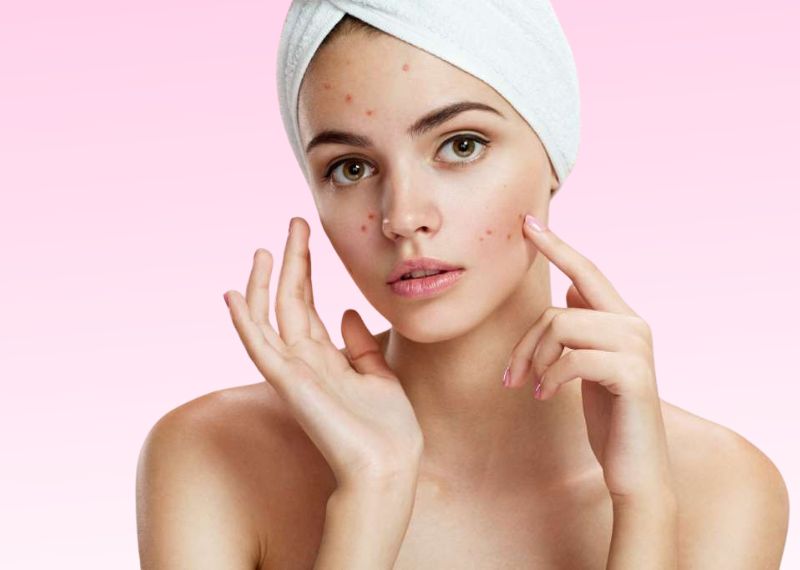Acne is one of the skin problems many people face. It comes as a result of different factors affecting different skin types.
It occurs when the pores of the skin are blocked with dead skin, oil, or bacteria. According to the Mayo Clinic, acne is most common among teenagers though it affects people of all ages.
The significant signs of acne are blackheads, whiteheads, or pimples. These can be irritating and sensitive to touch.
More to this, they can affect self-confidence, especially when they persist. There is, therefore, the need for creams and control measures to manage such situations.
How Does Acne Affect the Skin?
According to MedlinePlus, acne occurs when the skin pores are blocked by oil, bacteria, or dead skin.
It appears mainly on the face, forehead, upper back, chest, or shoulders. These are the areas of the skin that have the most oil owing to the number of sebaceous glands.
Using products like Murad Clarifying Toner, specifically formulated with natural botanical ingredients, can help balance acne-prone skin, reduce breakouts, shrink pores, and regulate oil production.
When oil clogs in a hair follicle, the wall bulges to cause a white head. In some cases, the plug may be open to the surface resulting in a blackhead.
Blackheads appear like regular pimples with dirt stuck in the pores. What causes this is the bacteria and oil that turn brown when exposed to air.
When blackheads and whiteheads are not treated, they facilitate the development of pimples. Pimples appear as raised red spots with a white center. These develop when the pores are inflamed or infected with bacteria.
What are the factors that contribute to Acne?
Different factors worsen acne on different skin types. The main one is as a result of androgens, which are hormones that fluctuate in boys and girls during puberty.
This explains why acne is most prevalent among teens. Other hormonal changes such as pregnancy and the use of contraceptives also contribute to acne development.
We cannot overlook the effect certain drugs have on the body. According to the Mayo Clinic, drugs containing corticosteroids and testosterone can worsen acne or delay the healing process.
The diet also plays a significant role in the condition of your skin.
Some foods, such as carbohydrate-rich foods may worsen acne in some people. Stress is also a contributing factor and may affect acne in different levels.
Selecting the Best Cream for Acne
Now that we understand how acne occurs and the different factors that worsen it, it is time to evaluate the best acne cream.
The best treatment for acne should match up to your skin requirements for proper non-invasive treatment.
Acne creams that have proven to work well contain Zinc Oxide, which is a compound that helps to reduce the amount of oil accumulating on the surface of the skin (source).
Salicylic acid is another primary ingredient to look out for as it helps to clean the pores. This compound dissolves and removes excess oils while relieving irritations associated with acne.
One other ingredient that makes acne treatment effective is Colloidal Sulfur. It is a naturally occurring element that clarifies the skin by removing dead cells that tend to clog the pores.
With the right daily practices such as a healthy diet and proper skincare, you can control acne.
There are many creams out there on the market that promise to help clear the skin. It is essential to consider the type of ingredients used for each to ensure safety.
Here are some of the best acne creams that have proven to work, in our opinion.



Customer Reviews
Rating Snapshot:
Add a YouTube video